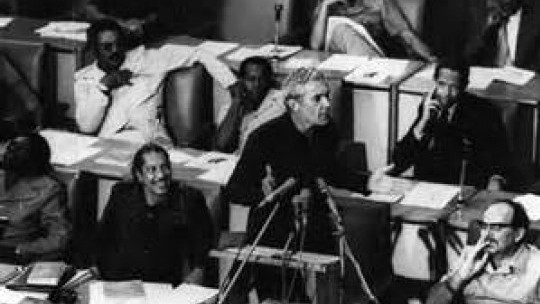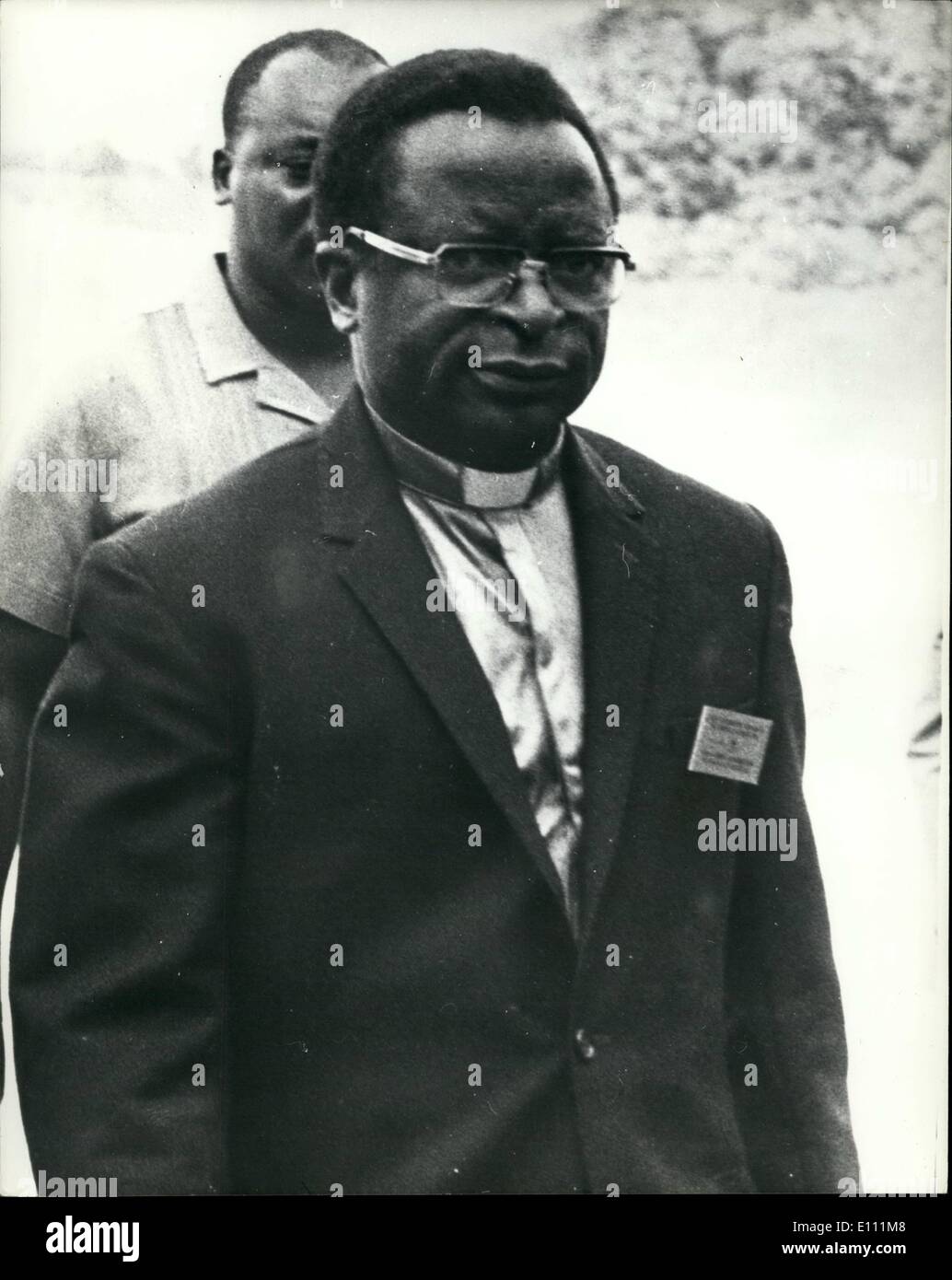


In France, the oil crisis spelt the end of the Trente Glorieuses, 30 years of very high economic growth, and announced the ensuing decades of permanent unemployment.”If the effect of these crises on the developed countries was so profound and long-lasting it should not take a genius to understand the effect on totally open economies like Jamaica, totally dependent on imported oil and overwhelmingly dependent on imported food.Put briefly, the IMF thought our aspirations were too ambitious and decided to put us in our proper place. Schools and offices in the US often closed down to save on heating oil and factories cut production and laid off workers. In the industrialised countries, especially the United States, the crisis was for the most part borne by the unemployed, the marginalised social groups, certain categories of ageing workers, and increasingly, by younger workers.
Jamaica Prime Minister Michael Manley Imf Free Education From
A minister and a permanent secretary were initially found guilty of breaching their trust. Imagine the delight of the IMF and the total discomfiture of the Government when this ‘Top Secret’ document was broadcast on RJR by the leader of the Opposition, Mr Edward Seaga.It was a blow from which this country has never recovered. Jamaica had prepared a negotiating position with the IMF – a top secret document. For the First Time At Last!There was also serious intrigue. You can see their point: We had a National Minimum Wage while the English and Americans were still talking about one, we had free education from basic school to university, we had ambitious unemployment relief schemes – the Emergency Employment Programme and the Pioneer Corps, among others, we had decreed maternity leave for every woman worker in the country, including domestic helpers and sugar workers.
But Argentina, with a preponderantly European population, and considerably richer than Jamaica, got $200 million for poverty alleviation. As it was, and as Seaga discovered for himself while prime minister, the IMF and its sibling were never about helping Jamaica and when Mr Seaga had the opportunity in the ’80s, he ran away from them as fast as his little legs could carry him.I wonder what my friend Clovis would do now if the current leader of the Opposition were to behave now as Mr Seaga did then?What I called “the brutal and Procrustean strictures of the World Bank and the IMF forced us to cut taxes and public services, to raise interest rates to farmers and, in fact, to turn us back, back to desperation.In 1998 the then head honcho of the World Bank, one Wolfensohn, lied like a trooper to more than a thousand Anglican bishops at the Lambeth conference, saying that he had given US$200 million to Jamaica to ease poverty. He was, however, later excoriated by the prime minister of Trinidad and Tobago, Eric Williams, for his disloyalty to Jamaica when he went to the IMF and World Bank, arguing that they should not help Jamaica.
The IMF’s answer to everything is for us to become more competitive, which means that we need to reduce the take-home pay of our workers until they can compete with the near slave labour of Bangladesh, Indonesia and other south-east Asian labour forces.Earlier this year, in April, Robert Zoellick, president of the World Bank, predicted that the present global crisis could become an economic disaster for poorer countries with millions being driven into unemployment. I once said to Michael Manley that it might make more sense if our foreign aid were simply distributed in cash and benefits to the poor rather than being spent on planning and Pajeros.According to the newspapers, Badrul Haque, special World Bank representative, is looking for a plausible explanation as to why one-third of Jamaica’s potential workers remained outside the labour force.The answer is in monoculture – sugar cane – our shopkeeper culture and the effects of our openness to IMF solutions. This money goes mainly to people at the bottom of the society so it is my guess that for the people, the drop in remittances represents much more than a 20 per cent cut in their living standards – it may represent twice as much.This should tell us where the development aid should go. Remittances account for 17 per cent of Jamaica’s GDP, which means that one in every six dollars worth of Jamaica’s output or, more crudely, one in every six dollars spent in Jamaica comes courtesy of Jamaicans abroad.Since, remittances have dropped by 17 per cent in the first six months of this year and may drop even further.



 0 kommentar(er)
0 kommentar(er)
